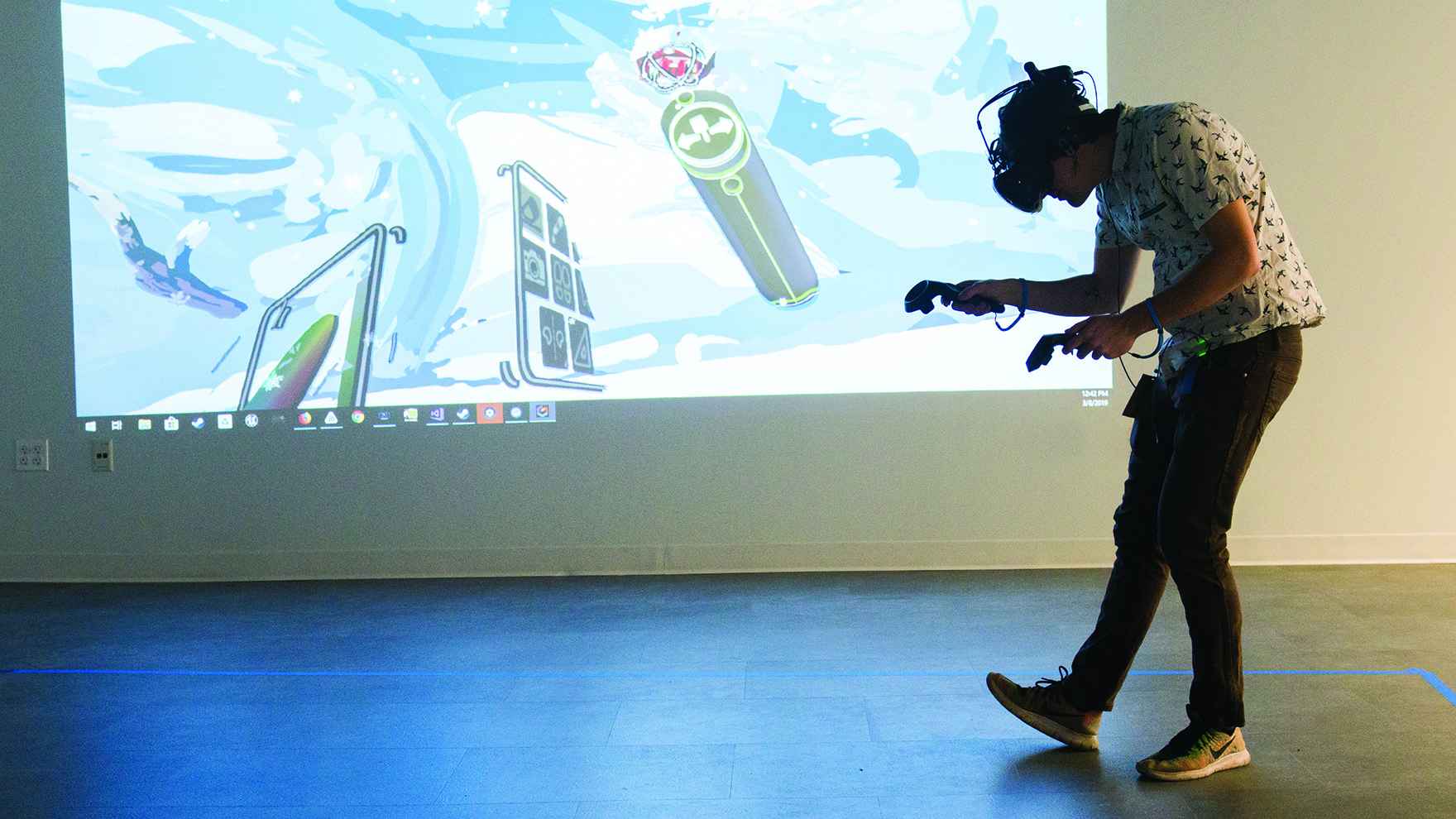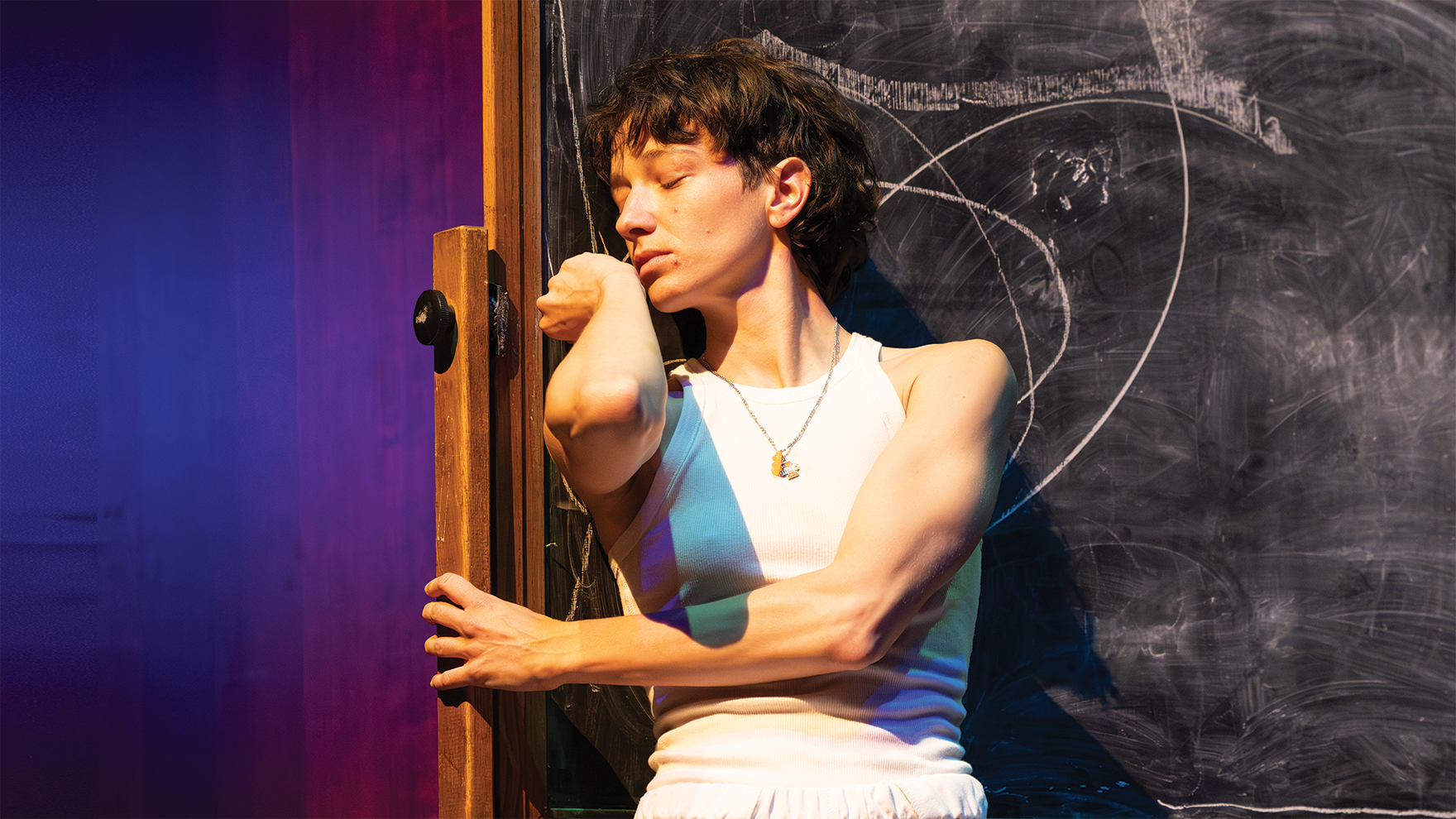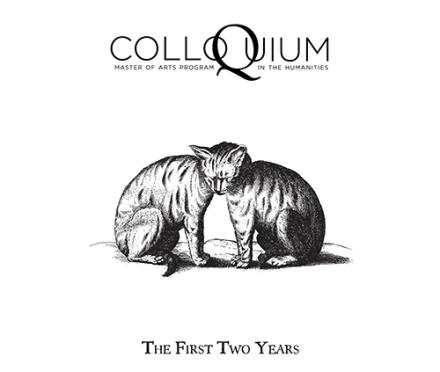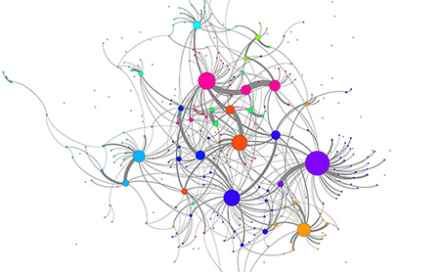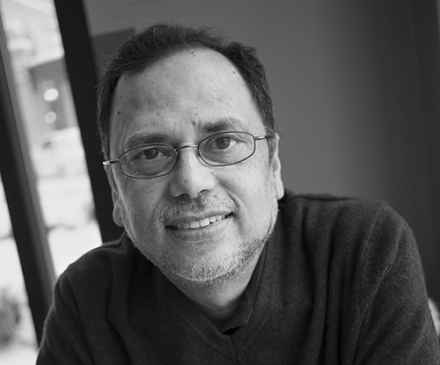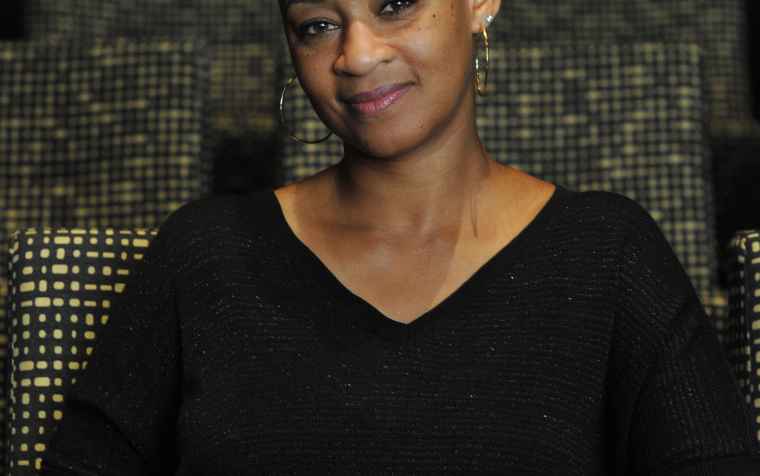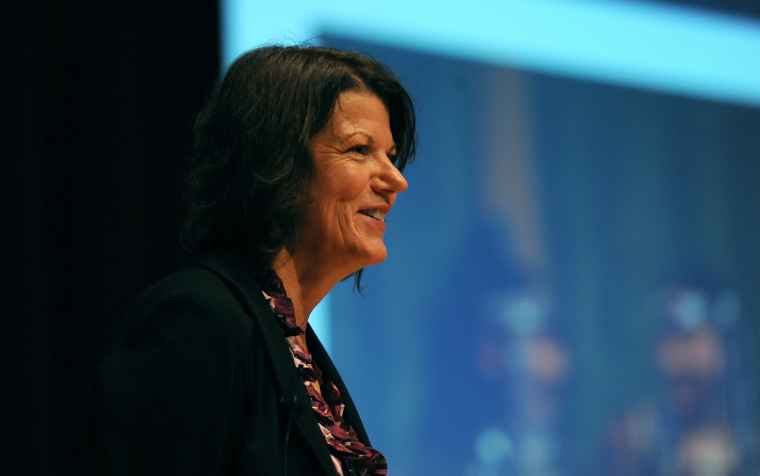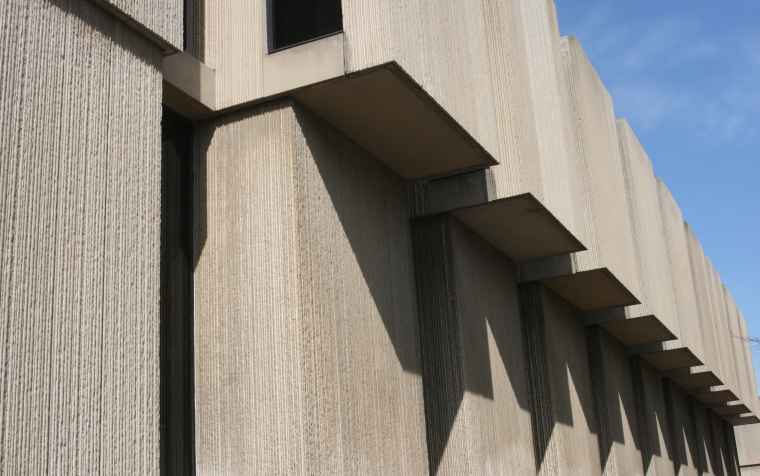New Anthology Showcases MAPH Scholarship
The Digital Humanities at UChicago
Faculty Members Honored with Named, Distinguished Service Professorships
Three faculty members within the Division of the Humanities—Victor A. Friedman, Lenore Grenoble, and Larry F. Norman—have been recognized for their service and scholarship with named and distinguished professorships.
 Victor A. Friedman, director of UChicago’s Center for East European and Russian/Eurasian Studies, has been named the Andrew W. Mellon Distinguished Service Professor in the Humanities. Friedman, PhD’75, works on the languages of the Balkans and Caucasus, and focuses on grammatical categories, contact linguistics, as well as sociolinguistics issues related to standardization, ideology, and identity. He has published more than a dozen books and edited works, as well as more than 300 scholarly articles and book reviews.
Victor A. Friedman, director of UChicago’s Center for East European and Russian/Eurasian Studies, has been named the Andrew W. Mellon Distinguished Service Professor in the Humanities. Friedman, PhD’75, works on the languages of the Balkans and Caucasus, and focuses on grammatical categories, contact linguistics, as well as sociolinguistics issues related to standardization, ideology, and identity. He has published more than a dozen books and edited works, as well as more than 300 scholarly articles and book reviews.
 Lenore Grenoble has been named the John Matthews Manly Distinguished Service Professor in Linguistics and the College. Grenoble specializes in Slavic and Arctic Indigenous languages, and her research focuses on the study of contact linguistics and language shift, discourse and conversion analysis, issues of language endangerment, and language attrition and revitalization. She authored Language Policy in the Former Soviet Union and co-authored Saving Languages: An Introduction to Language Revitalization.
Lenore Grenoble has been named the John Matthews Manly Distinguished Service Professor in Linguistics and the College. Grenoble specializes in Slavic and Arctic Indigenous languages, and her research focuses on the study of contact linguistics and language shift, discourse and conversion analysis, issues of language endangerment, and language attrition and revitalization. She authored Language Policy in the Former Soviet Union and co-authored Saving Languages: An Introduction to Language Revitalization.
